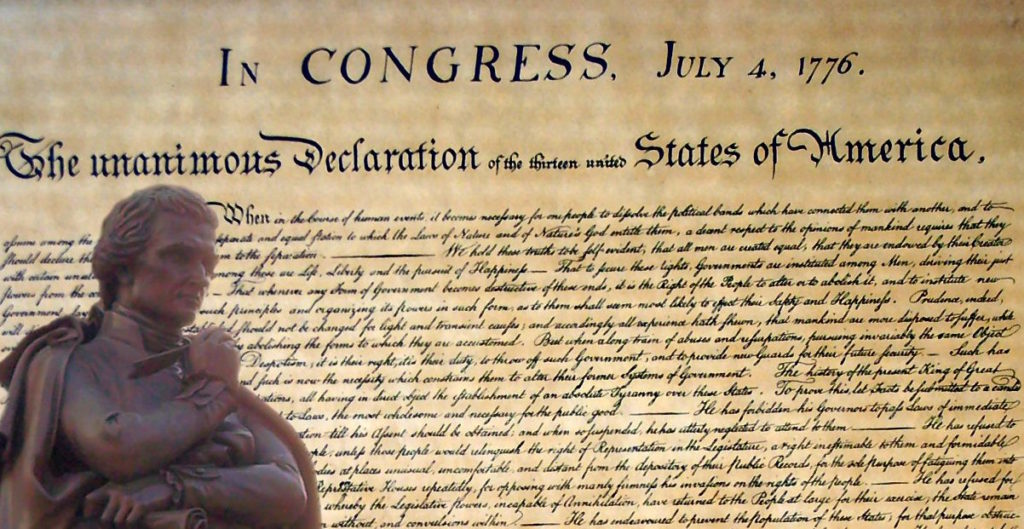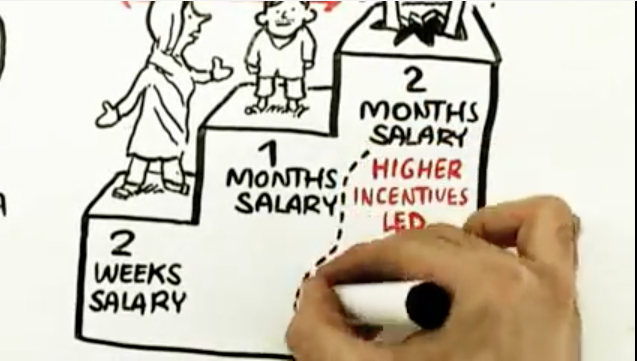
“Consciousness consists of information no more than a person who consumes large amounts of food can be said to consist of food.”
~ Tor Norrestranders, The User Illusion
Norrestranders adds, “Consciousness is nourished by information the same way the body is nourished by food.” However we all know that too much food, especially junk food, is not nourishing but harmful.
“A wealth of information creates a poverty of attention.”
~ Herbert Simon
Information overload takes it’s toll.
There’s a reason they call it “paying” attention.
With the advent of the web and wireless technology, the amount of information instantly available at any one moment has increased exponentially. Never before has the human brain had such immediate access to so much “news.”
It wasn’t so long ago that a person only knew about events in her village and perhaps what went on in a limited geographical radius beyond. It’s been said that the amount of information contained on the front page of the New York Times is more news than people 100 years ago consumed in a lifetime.
The Truth about Too Much Information:
- Information doesn’t necessarily increase knowledge.
- Information is not the source of wisdom.
- More information can make decisions more difficult.
- Information does not expand consciousness.
Information Overload or Filter Failure?
At the September 2008 Web 2.0 Expo, Clay Shirky said in his talk It’s Not Information Overload. It’s Filter Failure, “We’ve had information overload in some form or other since the 1500’s. What’s changing now is the filters we used for most of that 500 year period are breaking and designing new filters doesn’t mean simply updating the old filters…”
“… when you feel yourself getting too much information I think the discipline is not to say to yourself, ‘What’s happened to the information?’ but rather, ‘What filter just broke? What was I relying on before that stopped functioning?'”
How Can You Filter Information?
Filter by Quality
Key Question: “Does this information serve me, my purpose, or the task at hand?”
How much do you really need to know about celebrity divorces, details of murders, or the sex lives of politicians? Is the information you consume nourishing you? Or is it adding “empty calories”?
Filter by Quantity
Key Question: “How much more information do I actually need?”
If you keep looking, you will find more and more information. Research can go on forever. It’s important to balance input and output. At a certain point you must face the fact that you can’t know everything about everything. In fact, you can’t know everything about any one thing! And when it comes to choosing, studies show that increasing the amount of information can actually cloud your decisions.
Filter by Time
Key Question: “How much time am I going to devote to processing information?”
Become more conscious of the time you spend on gathering and processing information. Resist the temptation to check email more than once or twice a day. Go on a news diet. Limit television to an hour or two a day. Set a time limit for research and stick to it.
Filter by Timing
Key Question: “Do I really need this information right now?”
Make a commitment to gather information on a “need-to-know” basis. Use the instantaneous availability of the internet to your advantage. The information you need is out there waiting for you and will be there when (and if) you ever need it. Keep your mental clutter to a minimum.
Filter by Focus
Key Behavior: Meditation
It’s possible to reboot your mind and spirit by taking a rest from any input. Focus within. There’s information inside of you too. Simply closing your eyes and noticing nothing but your breath for a few minutes allows your entire being an opportunity to settle down and for clarity to emerge.
Attention is the most powerful tool of the human spirit.
“Attention is the most powerful tool of the human spirit. We can enhance or augment our attention with practices like meditation and exercise, diffuse it with technologies like email and Blackberries, or alter it with pharmaceuticals. In the end, though, we are fully responsible for how we choose to use this extraordinary tool.”
~ Linda Stone, The Attention Project
How do you deal with information overload? Please share your comments.


